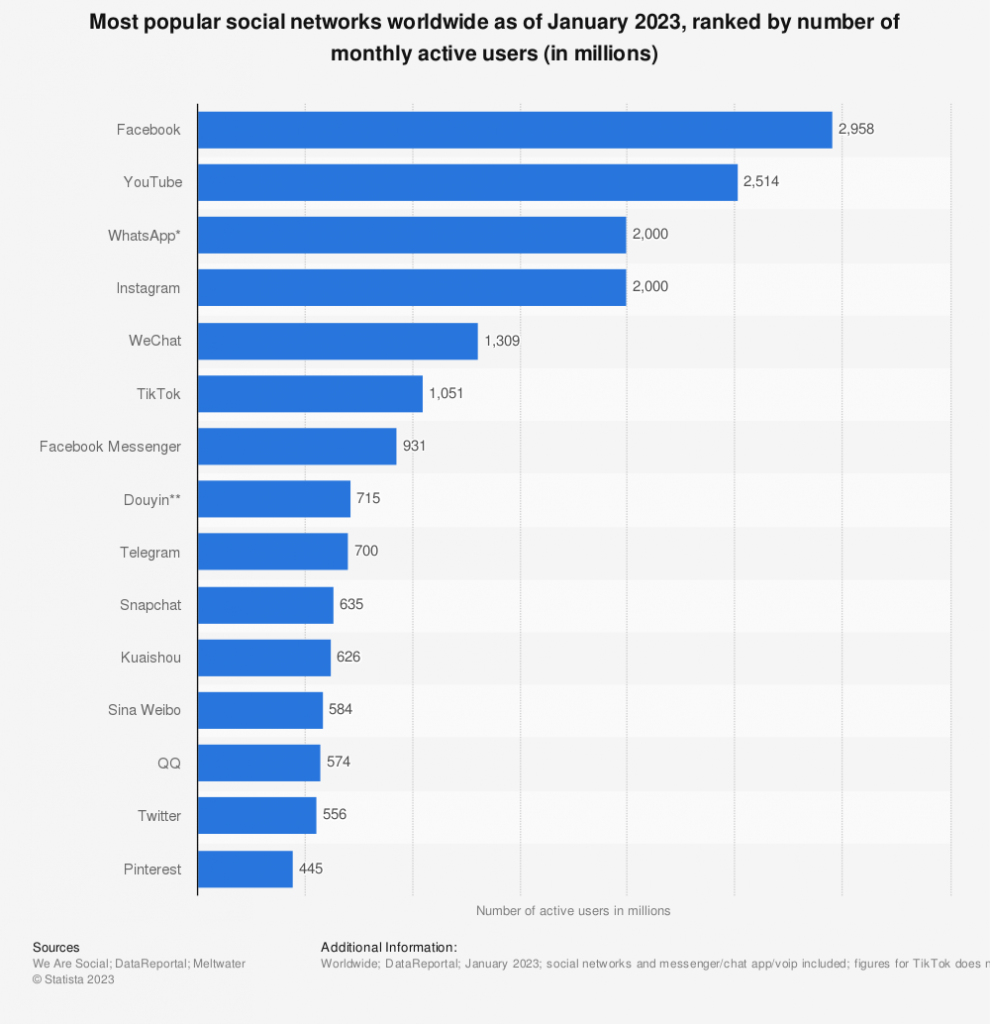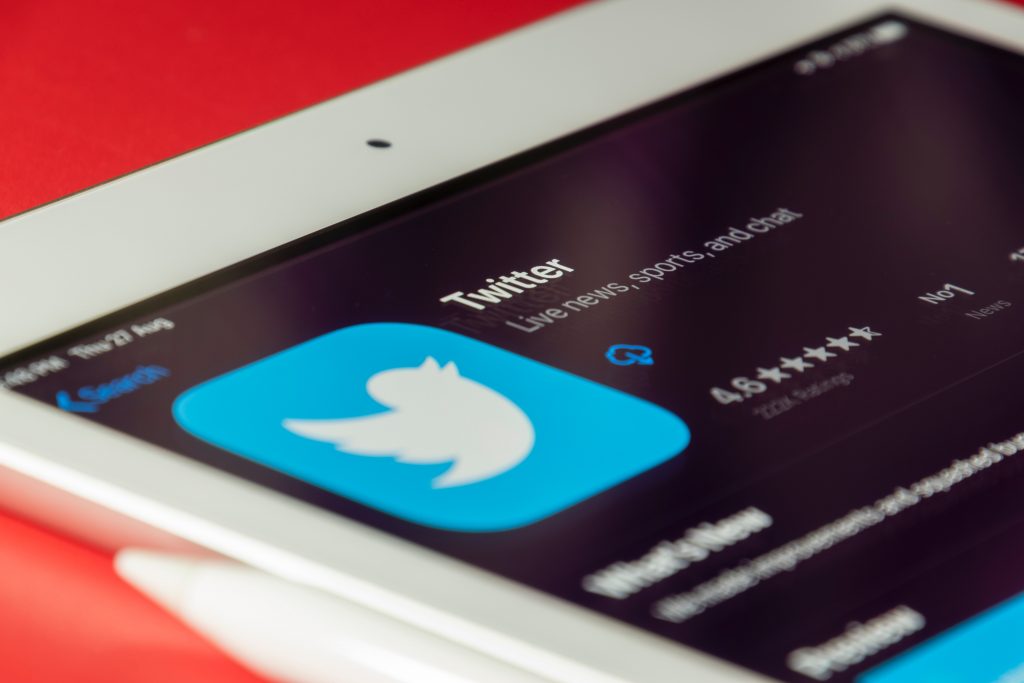In recent years, many advertisers have left the Twitter platform or put their investments on hold. Against this backdrop, what is the balance of power between these advertisers and the social network?
In November 2022, Cossette advised its client, the federal government, to suspend advertising on Twitter. At the time, Cossette justified its recommendation by citing the “uncertainty surrounding moderation” and the “higher risk to brand image”. In 2022 and 2023, as part of Elon Musk’s takeover of Twitter, several major advertisers also opted out of Twitter, often citing the lack of moderation and hostility.
Twitter, whose revenues are mainly generated by advertising, certainly needs its advertisers. But conversely, how much do advertisers need Twitter?
Low usage and an unhealthy climate
Marc Hamelin is Media Director at Jungle Media and a lecturer at the Université de Montréal. With over 25 years’ experience in media planning, he reports that none of his clients are currently using Twitter. For him, there are two main reasons for this.
Firstly, Twitter remains a relatively small player in the world of social media in terms of the number of active users, far behind Facebook, Instagram or even TikTok.

As a second reason, Marc Hamelin mentions the climate on Twitter, which is not conducive to advertising.
When an advertiser has a presence on social media, they have to adapt to the style and tone of that medium. But what tone should you adopt on Twitter when you’re an advertiser?” asks the media specialist.
Would he have said the same thing before Elon Musk bought Twitter in 2022? Indeed, for him, it would have been the same.
Francis Jetté is a consultant and trainer in digital content strategies, social media and digital advertising. He agrees with Marc Hamelin. He doesn’t advise his clients to concentrate a lot of effort on Twitter, especially if they’re targeting a French-speaking Quebec clientele. It’s true that, historically, only about one in 10 French-speaking Quebecers claim to use Twitter.
Given this limited reach, is Twitter a platform that can be described as secondary to social media such as Facebook or traditional television? Jean-François Renaud, president and founder of Adviso, agrees. In his opinion, Twitter has never been a major component in the media ecosystem, and its use is currently lower than ever.
It’s true that Twitter use in Quebec is particularly low compared to the rest of Canada and the United States. In the U.S., around a quarter of the adult population say they use the network (which, again, is much lower than Facebook or Instagram).
However, even in the US, Twitter only accounts for around 1% of advertisers’ ad spend. For Kelsey Chickering, principal analyst at Forrester, one of the reasons for this low share of investment is that Twitter has never been able to offer as powerful an advertising platform as Facebook, for example, which revolutionized the world of digital marketing.
With relatively low usage compared to the other major social networks, a less attractive advertising offering and a climate considered hostile by many, we can assume that advertisers are far from dependent on Twitter to achieve their advertising objectives. And when it comes to advertising, there’s no shortage of platforms available to advertisers!
A platform that’s easy to abandon
When the federal government stopped advertising on Twitter in 2022, following Cossette’s recommendation, it was barely 3% of its advertising budget that had just been put on hold. By comparison, traditional TV accounts for over 25% of its advertising spend, and Facebook just over 10%. The sums allocated to Twitter therefore represent only a small portion of the government’s advertising budget. They can easily be reallocated to the many other channels the government uses.
In the end, we can assume that Twitter needs its advertisers more than they need Twitter. To avoid being associated with a platform where controversy is often the order of the day, the sacrifice doesn’t seem too great. And yet, the unhealthy climate is not exclusive to Twitter. We can assume, however, that for platforms like Facebook, which is not exempt from criticism either, advertisers are more cautious about withdrawing their investments.




